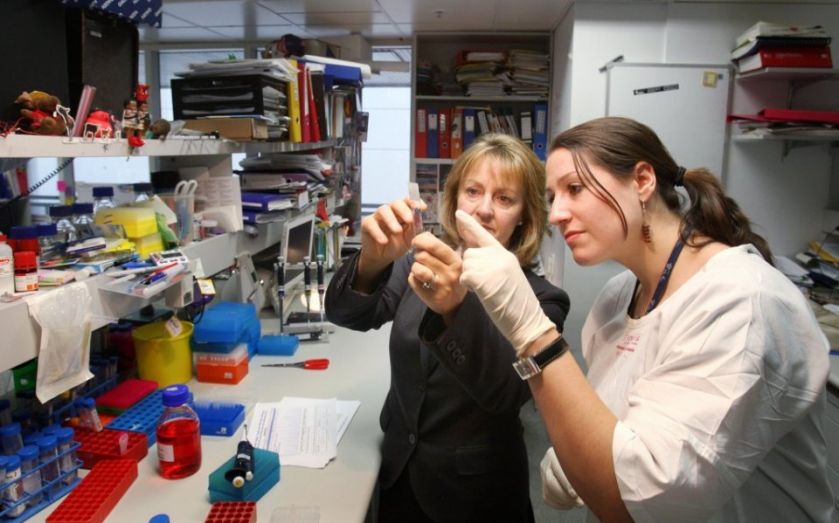Edwina Dunn: We must challenge archaic misconceptions around women in science – Tim Hunt hasn’t helped

As a Nobel Prize Winner, Tim Hunt is among a select group of respected scientists that use their voice to actively change science for the better. Yet, this week he chose to reinforce a truly damaging stereotype about women working in the sciences.
Read more: "Let me tell you about my trouble with girls" – Tim Hunt says female scientists are "distracting"
This is such a disappointment for those of us who are working to make the sciences a more appealing place for women. As the chair of the Your Life campaign, I am well aware of the engrained stigmas working against us, which begin from the day that a girl is born.
The sciences are typically stereotyped as male-dominated, discouraging girls from pursuing science from a young age. This has led to a science skills deficit.
A report published by Ofsted earlier this year discovered that girls were significantly less likely than boys to take Physics at A-level and much more likely to drop the subject after their first year. Just three girls for every 10 boys took Physics at AS-level in the first year of sixth form in 2013.
According to IPPR / UKCES analysis we need around 1.1m more people with science and technology skills over next 10 years. We are facing a very real skills gap in the sciences.
Women make up 50 per cent of the population, but only 13 per cent of the scientific workforce. It seems pretty obvious how we can fill this gap, through the untapped intelligence, creativity and drive of young women.
What we are missing are more strong, inspirational female role models in these fields. I want to see more women, such as Dr Melanie Windridge, a physicist and sciences communicator, acting as aspirational female role models for young girls.
As a society we need to work against the archaic misconceptions surrounding the role of women in science. We must not stereotype women as ‘distracting’ and ‘overly emotional’, as Tim Hunt has done. Instead we must champion the brilliance of women in science, to inspire the next generation of doctors, researchers and Nobel Prize winners.